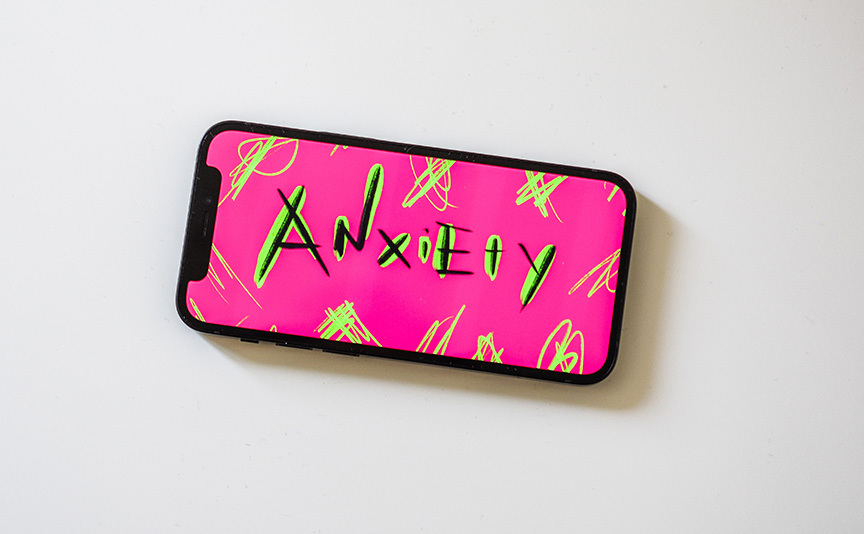
Counterphobia: How doing things that terrify me helps my anxiety
Sometimes, managing my generalized anxiety is like walking around an emotional world dodging landmines. My experience with this diagnosis consists of learning new coping methods, implementing mental-health management tools, and taking preventative measures regularly. I also see a therapist. Last week, while Zooming with him, he lobbed over the term counterphobic, which he’s observed as a noticeable character trait of mine.
What is counterphobia?
I find the term fascinating. For me (and my therapist), it is the experience of pushing into something that seems to be the cause of my phobias. It’s the experience of jumping on an emotional landmine on purpose. For instance, if being on stage makes me anxious, why do I continually do it? If being in a management role puts me at a level seven on my anxiety, why do I apply for management roles? Masochism? No. Counterphobia. While masochism is a way to seek and inflict physical or emotional harm to oneself, counterphobia is the impulse to seek mastery of a feared phobic action.
Pushing forward into the anxiety of that problem has been something I’ve thought of as the price of my lived experience. I had no idea it was my superpower.
I have long believed that the need to challenge myself in intense situations was a character flaw or just a side effect of being an enneagram six personality type (more on the enneagram in a bit). Although a problem might make me anxious, pushing forward into the anxiety of that problem has been something I’ve thought of as the price of my lived experience. I had no idea it was my superpower. It might even be equivalent to courage?
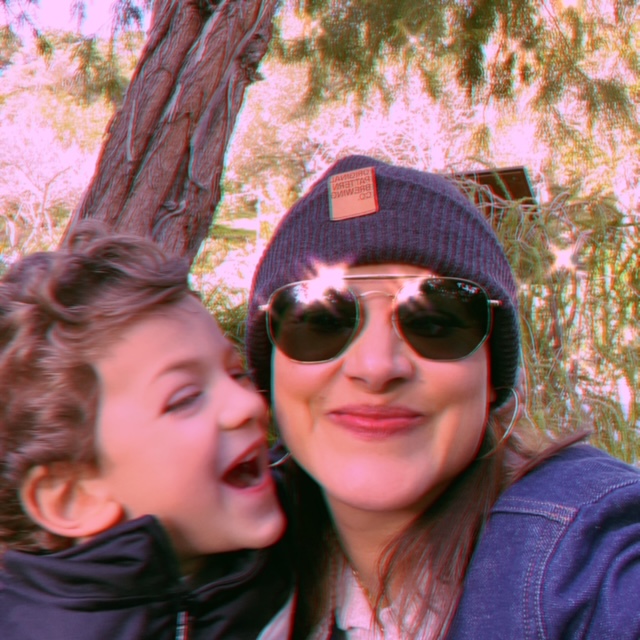
I love it because it scares me
When I encounter a new or intimidating situation, I think to myself: Because I’m anxious, this situation will be uncomfortable. Just keep going. This acknowledgment makes the situation less overwhelming. Other times I wonder, how big is the potential for a panic attack in this situation? Is it worth continuing to try? My answer to this varies. For instance, performance on stage makes me feel alive. I imagine it feels like surfing or free solo climbing (things I’ve never done, but I can imagine having the same feeling as speaking in public). I love it because it scares me. It’s the kind of thing where you try it repeatedly until you’re good at it so that that experience becomes more invigorating than simply anxious-ridden. I’ve called this grit in the past, and I’ve considered it somewhat negative. When I go to the doctor’s office, and I say, “it hurts when I do this…” and he says, “don’t do that.” Problem solved, right? If I want to stop being anxious, maybe I should stop doing the things that cause anxiety?
No. Here’s why — according to my therapist.
I crave growth. I cringe at the idea that I won’t be able to do something just because of the anxiety that it will cause me.
I crave growth. I cringe at the idea that I won’t be able to do something just because of the anxiety that it may cause me. Not doing those things would feel like closing doors to opportunities in spaces where I’ve always dreamt of thriving. That said, when I heard the term counterphobic, I had a big ah-ha moment. Of course! This drive, this perseverance to face my anxiety and overcome it, defines why so much of the things I’ve done have been worth it, (albeit emotionally exhausting). Then I took to the internet, where counterphobic is closely tied to the enneagram six.
If you haven’t already done so, now is the time to discover your personality type on the enneagram. If you’re reading this blog, I will assume that your personality type will fall somewhere near or around an enneagram six or nine. These profiles have a deep need for safety, and the basic desire to have guidance and support. What happens when we don’t have those things? Or when we fear we won’t have those things? Anxiety.
While not based on the scientific method, the enneagram has its validity, in as much as recognizing your personality traits in broad terms helps you realize that you do not suffer alone. You might find yourself one day at a cocktail party, and someone will say, “You sound like a hard-six on the enneagram,” and knowing how to reply is just fun. (Also, this has actually happened to me more than once.)
In one study by David Daniel et al. 2018, titled Adulthood Through Study of the Enneagram System of Personality, the enneagram is examined in terms of its ability to affect ego in adulthood. The study results showed that those who participated did show growth in ego after taking the enneagram. When I first studied it, I understood that my deep needs and desires were only as ingrained as I let them be. In doing this, my perspective on challenges like applying for that job or performing in front of a crowd didn’t seem so overwhelming. They seemed like manageable fears.
Out of the negative and into the light
Overall, learning about counterphobia made me realize that being an anxious person doesn’t have to be a negative hat you wear for the rest of your life. For example, I spent a lot of time trying to “just be happy.” It was frustrating because it felt like the opposite of my general disposition. It wasn’t until I understood what a generalized anxiety disorder actually is that I let go of the idea that I needed to be like everyone else. I let go of the opinion that I should be a certain way or react in specific ways to everyday situations. Once that fell away, I was able to say, “I’m anxious, and that’s okay.” I didn’t try to change my whole personality; I just decided that the hat I wear is okay and not harmful. The enneagram, therapy, and terms like counterphobia have served as tools that I take with me every day.
Moreover, I’ve decided that being counterphobic is actually my superpower. In 2019 my five sisters and I started a non-profit benefiting first-generation or immigrant students on the central coast of California, The Rosales Sisters’ Scholarship. I’ve been anxious about the small (yet mighty!) milestones we’ve been able to achieve and accomplish so far. With every setback I’ve reached for my superpower and said, keep trying. With every success, I’ve said, congratulations, now, keep going. In other words, I am not less anxious because I learned about counterphobia. I am comfortable with my anxiety and use my counterphobic personality to persevere.
The biggest lesson I’ve learned while starting this nonprofit has been that my ‘why’ needs to be a deep seeded ambition. I want to help young people who grew up like me on the central coast of California get to college. Likewise, when it comes to anxiety, I want to be an adult, adulting, sans panic attacks and anxiety stigmas.
And that, my friends, is real growth.
Sorry, the comment form is closed at this time.

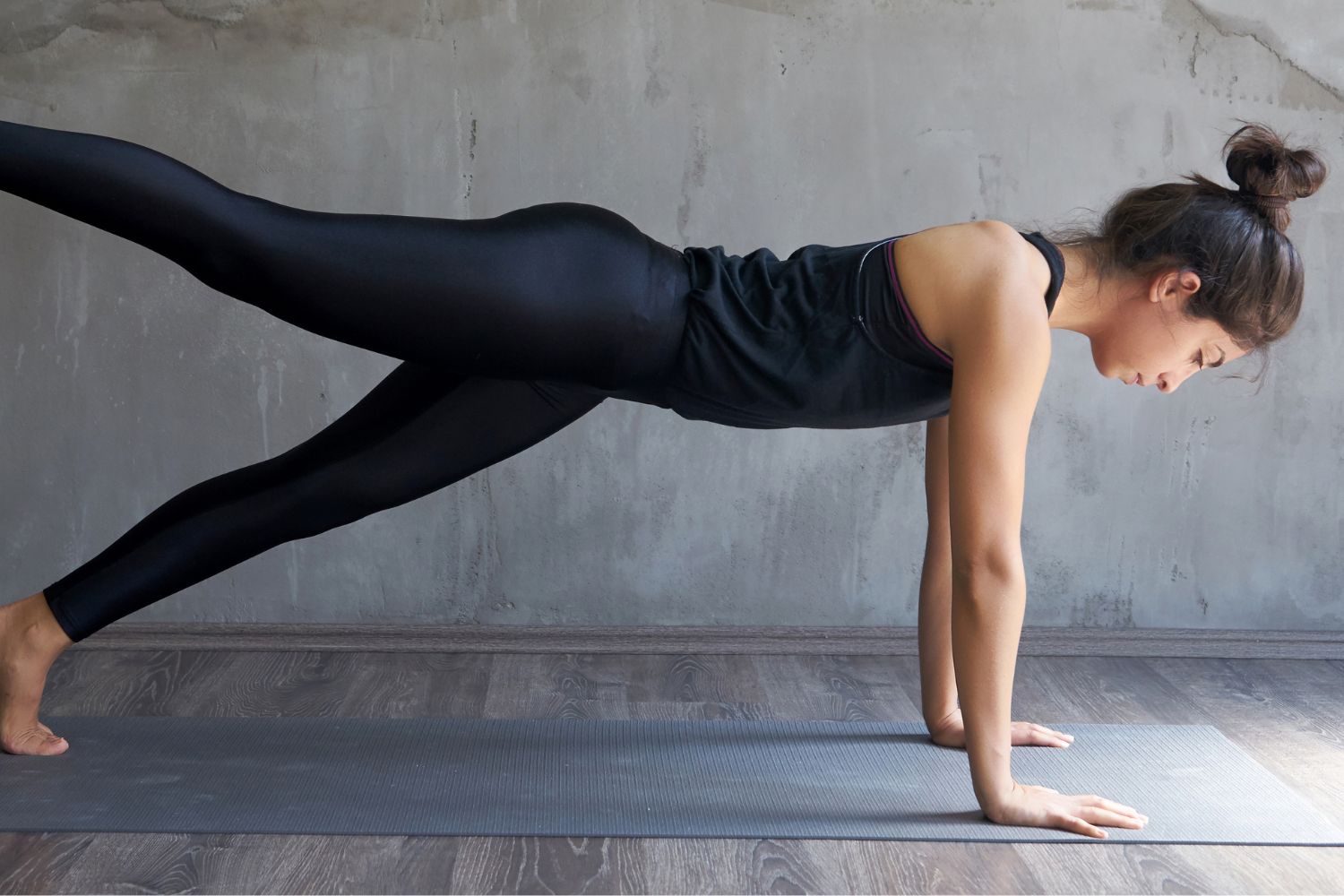
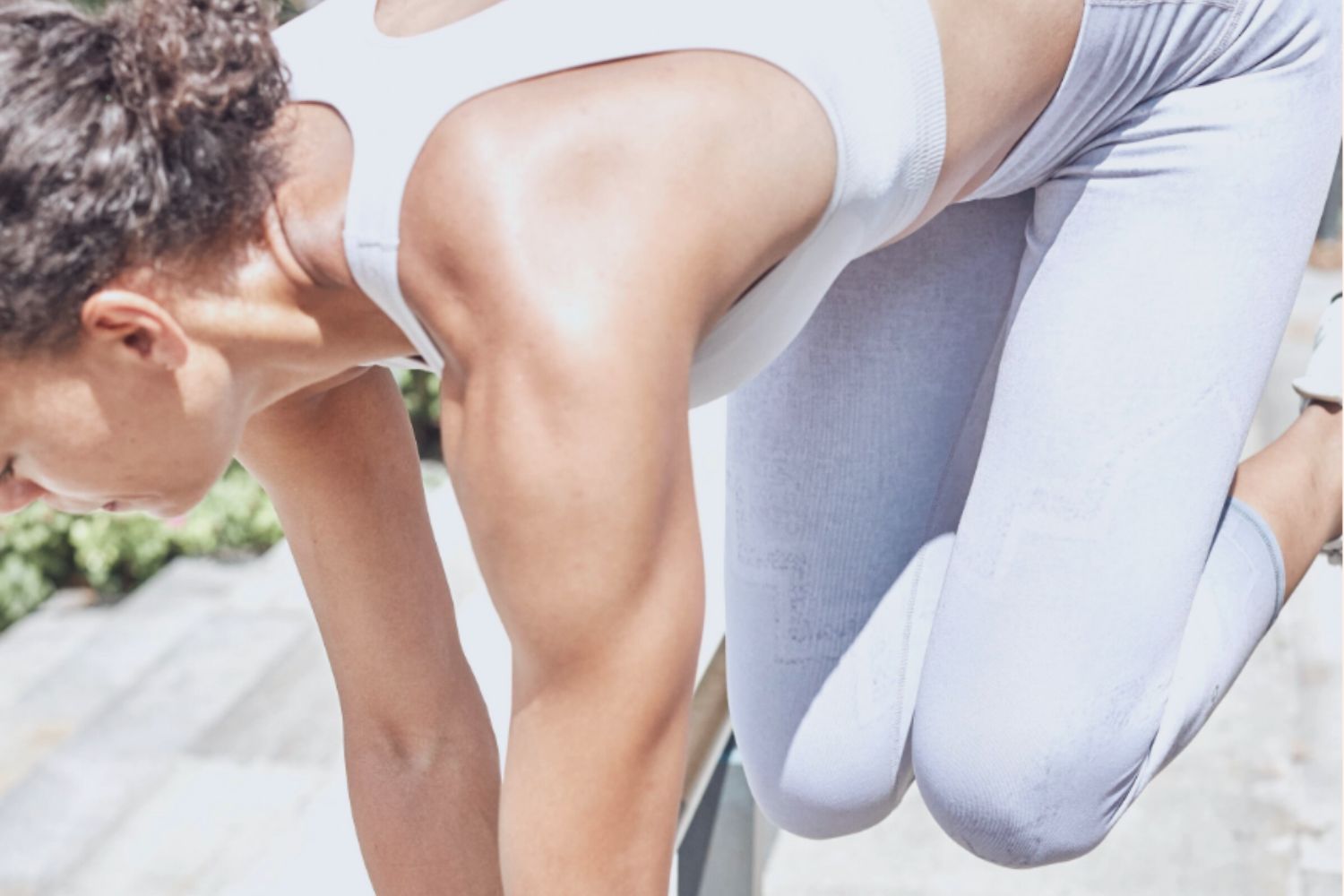
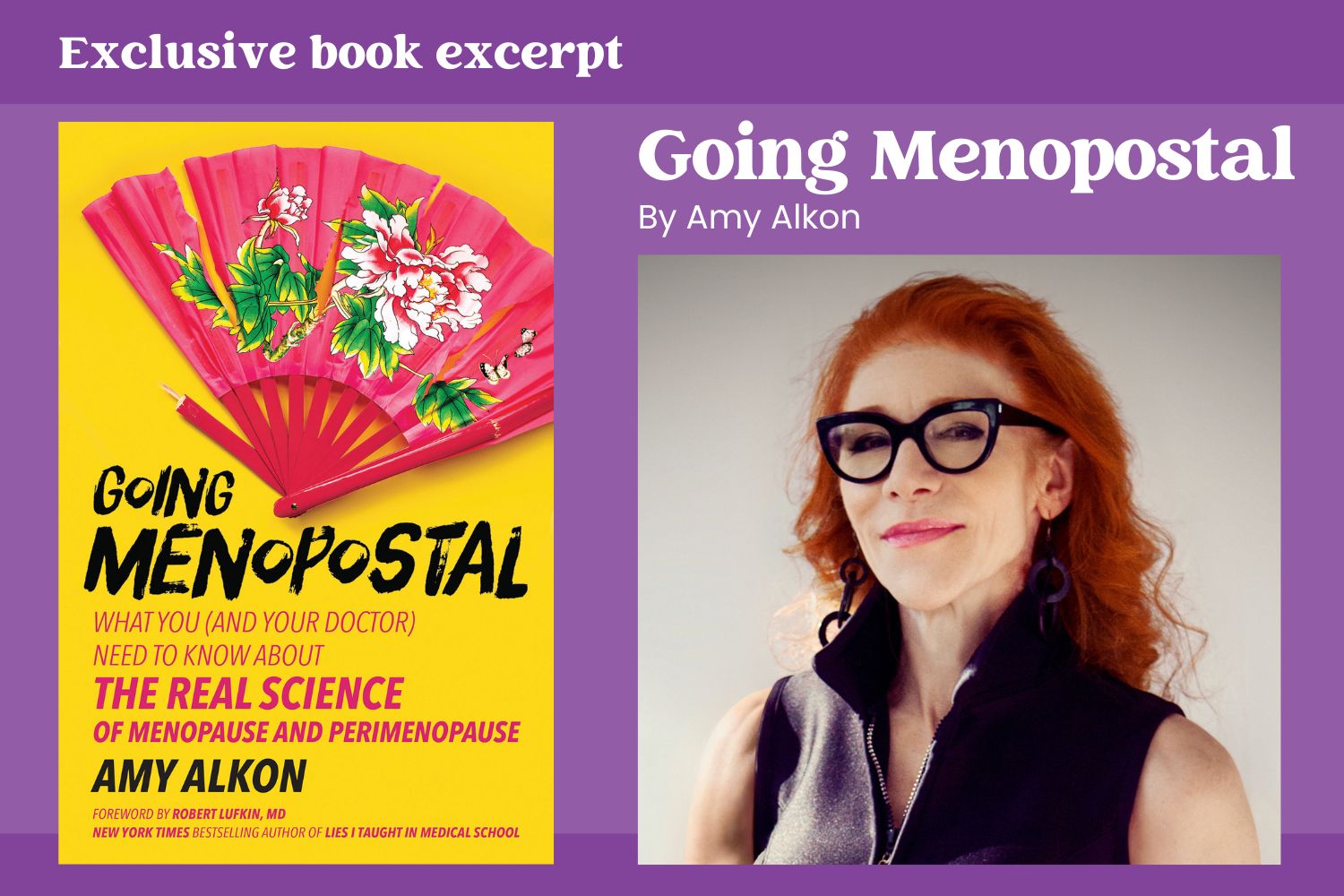
Viv Schroeder
My anxiety is all about deep concerns for the well-being of my loved ones and how I don’t know how to make everything right for them. I worry constantly about how to “fix” what I see as the problems they have and/or may have.
Is there a name for that type of anxiety?
Olga Rosales Salinas
Hello Viv, thank you for your comment and question. What you are describing sounds like the anxiety I face as a mom, but also as a human being that loves my family deeply. Is there a general name for that type of anxiety? I’m not sure. I do know that you’re not alone.
Ask yourself if the anxiety you experience is constant. How many times a day do you experience it? How many times a week? A month? Does it impede your life?
I would suggest seeing a therapist if your answers to these questions feel heavy.
Sending lots of love and light~ Olga